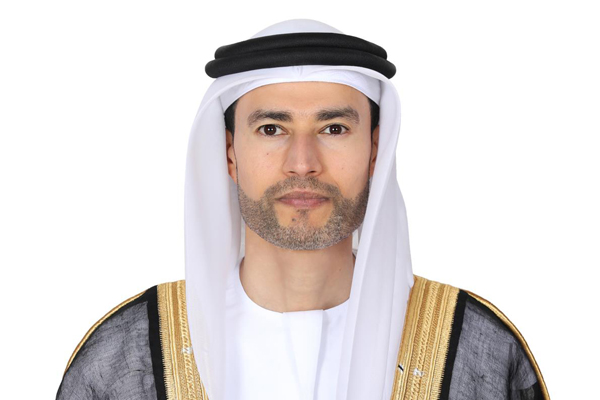
The UAE Ministry of Finance has announced that the latest review by the Organisation for Economic Co-operation and Development (OECD) on preferential tax regimes has officially recognised the country’s Free Zone Corporate Tax regime as ‘non-harmful,’ underscoring the UAE’s robust tax legislation and its alignment with international standards.
This rating is part of the OECD’s comprehensive review of 322 taxation regimes worldwide under the Base Erosion and Profit Shifting (BEPS) Project to date.
According to the findings, the UAE’s Free Zone Corporate Tax regime was evaluated and confirmed to align with the global initiative to prevent tax avoidance and harmful tax practices.
These findings were disclosed in the results of the Forum on Harmful Tax Practices (FHTP) October 2023 meeting.
Mohamed Hadi Al Hussaini, Minister of State for Financial Affairs, said: “The OECD rating of ‘non-harmful’ is a testament to the UAE’s commitment to transparency, non-harmfultaxation, and the implementation of best practices in tax policy.”
“This new status marks a significant milestone in the UAE’s journey towards solidifying its position as a leading global hub for business and investment. It not only enhances our competitiveness on the global stage but also affirms the international community’s confidence in our corporate tax system and provides certainty to investors,” he stated.
Al Hussaini said: “Our adherence to international tax standards, coupled with the OECD’s recognition, reinforces our dedication to fostering a sustainable and dynamic economic environment. The Ministry of Finance remains dedicated to further refining our nation’s tax framework, ensuring it supports the country’s vision of economic diversification and development.”
The UAE introduced its nationwide corporate tax regime in 2023 as a strategic move designed to accelerate the country’s development and transformation, aligning with its long-term strategic objectives to diversify its economy.
The corporate tax was designed to cement the UAE’s position as a leading global hub for business and investment, accelerate its development and transformation to achieve its strategic objectives, reaffirm its commitment to meeting international standards for tax transparency and preventing harmful tax practices.
As per the Ministry of Finance, corporate tax rates are 0% for taxable income up to AED375,000 ($100,000) and 9% for taxable income above that figure.
“Free zones are central to the UAE’s economic growth, attracting foreign direct investment as well as fostering a favourable business environment,” stated Al Hussaini.
“The Free Zone Corporate Tax regime offers a zero per cent Corporate Tax rate for qualifying businesses and reflects the continued significant role of free zones in the UAE’s economic diversification strategies and commitment to align with international taxation standards,” he added.




